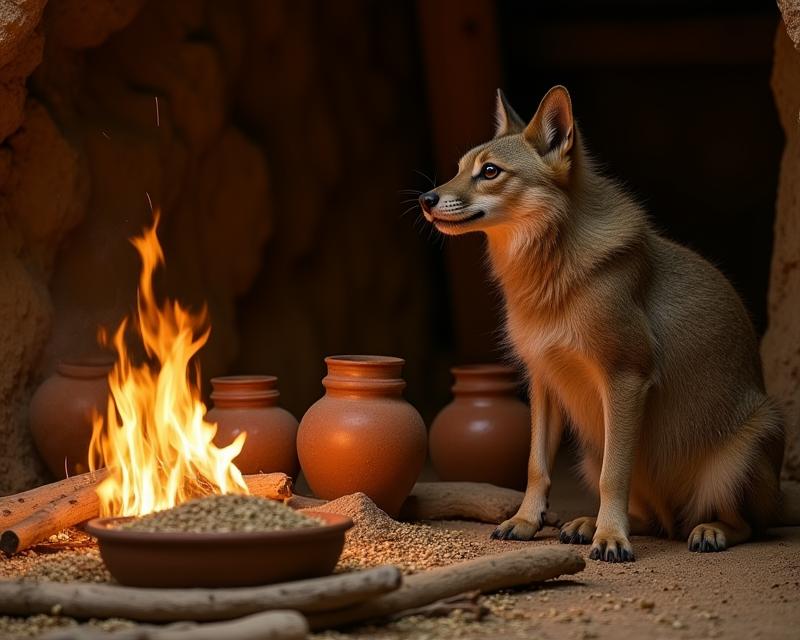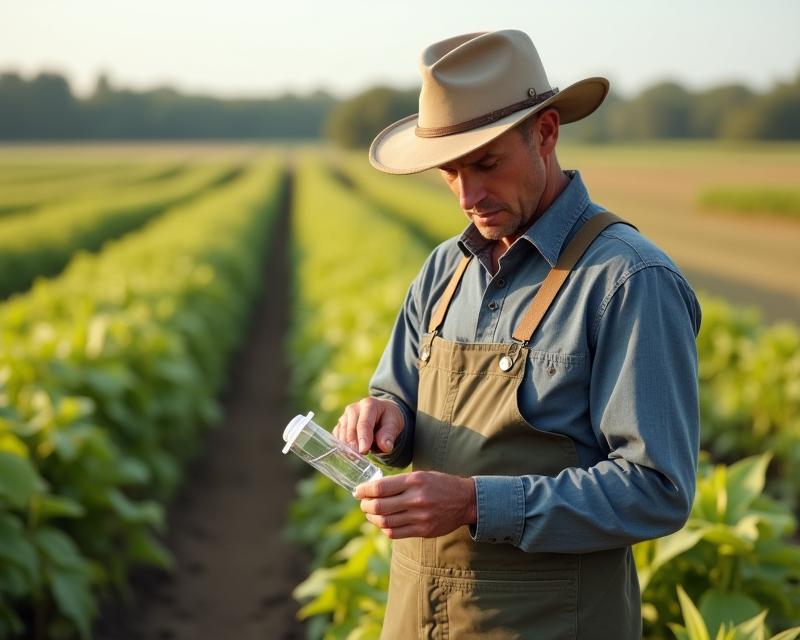Fermentation: A Cornerstone of Early Agriculture
Publish in Agriculture el 23/07/2025 16:36
Fermentation: A Cornerstone of Early Agriculture
Hey everyone! Ever stop to think about how some of our favorite foods and drinks came to be? It’s often a story of something called fermentation – a natural process that’s been around for *thousands* of years and played a huge role in the development of agriculture and human settlements. It’s more than just making tasty treats; it was a key to survival and thriving!

What is Fermentation?
Simply put, fermentation is a metabolic process where microorganisms like bacteria, yeast, and molds break down sugars into acids, gases, or alcohol. Think of it like this: these tiny helpers take the stuff plants produce (sugars) and transform it into something new and often more digestible, preservable, and even nutritious. It's a natural way to preserve food long before refrigeration!
From Ancient Grains to Modern Meals
The story begins with grains like wheat, barley, and rice. Around 10,000 years ago, as humans transitioned from nomadic hunter-gatherers to settled agricultural communities, they started experimenting with these grains. One of the earliest and most significant discoveries was bread! Early farmers likely stumbled upon bread accidentally – grains left out would naturally ferment, creating a sour dough. This made the grains easier to digest and provided a more consistent food source. Imagine the impact of having a reliable, storable food supply!
But the story doesn't end there. Around the same time, people in different parts of the world independently discovered brewing. By fermenting grains (like barley) with yeast, they created beer. Beer wasn't just a beverage; it was often a staple food, providing essential nutrients and hydration. It was also a significant part of religious and social rituals. And it wasn't just beer! Fermentation also led to the production of cheese, yogurt, and other fermented foods, all of which helped diversify diets and improve nutrition. These early discoveries weren't planned; they were observations and experiments that led to incredible advancements in food production.
Why Does This Matter to Farmers Today?
Understanding fermentation isn't just a history lesson; it has relevance for modern farmers and gardeners! Many of our current food preservation techniques are based on the principles of fermentation. Think about pickling vegetables, making sauerkraut, or even the fermentation used in some types of animal feed. Furthermore, understanding how microorganisms work can help us improve soil health – the soil microbiome plays a vital role in nutrient cycling and plant growth. It’s a reminder that we’re working with complex ecosystems, and understanding these natural processes can lead to more sustainable and resilient farming practices. So next time you enjoy a loaf of bread or a glass of beer, take a moment to appreciate the ancient science of fermentation that made it all possible!





